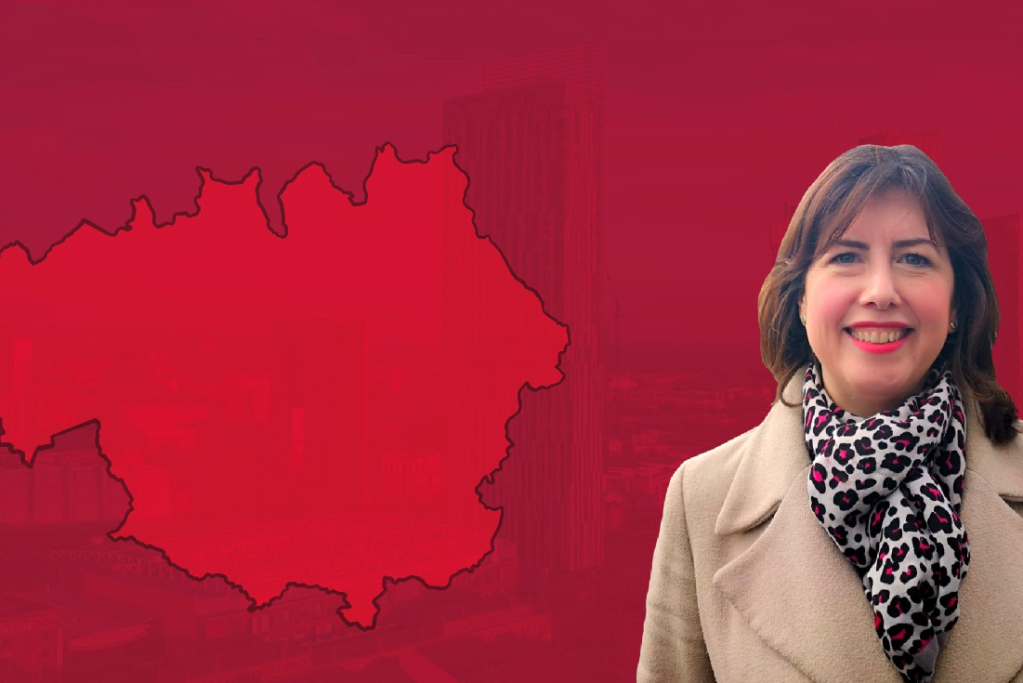Updating what it sees as “analogue regulation for a digital age” would be the objective of the UK’s opposition Labour Party if elected, according to shadow digital secretary Lucy Powell. She sketched out the Party’s approach in a keynote speech at the UK Internet Governance Forum on 1 November.
“While some see regulation as a dirty word, most understand its power to set a clear direction, a clear, level playing field and to build confidence,” she said. “We want British businesses to win the global race for tech and digital technologies, but to win the race, players need to know the rules of the game and be playing on the same pitch.”
She said a Labour government would aim to fill the digital regulation gap in order to promote innovation, and indicated there would be a focus on rebalancing the relationship between people and platforms, and on improving access and connectivity.
Access key
The Party is taking a two-pronged approach to connectivity, with Powell outlining plans to speed up the “painfully slow” roll-out of 5G with a more “joined-up approach to getting cables in the ground” while emphasizing the issue is not just about infrastructure. “Even where connectivity exists, many cannot afford to access it” she said.
The solution Powell outlined would give regulator Ofcom the power to deal with concealed price rises and hidden penalties, and to oversee the introduction of a mandatory social tariff. Ofcom would also get more power to deal with online behaviour under the proposed Online Safety Bill.
She said the bill “isn’t perfect, but we mustn’t let perfection be the enemy of good”. What was important was to get the regulator up and running, and then refine the Bill as practical need arose. She wanted the focus to be on greater control of algorithmic distribution of harmful content, rather than policing individual behaviour – a potential result of the Bill that has caused concern.
“I’m less interested in the person who’s put a post on social media about suicide – if no one really sees it, then it’s not causing harm – I’m more interested in the fact that people are encouraged to see it,” she said.
Detail needed
While the speech was long on general principles, it was short on detail. Labour is being very careful not to bombard business or the public with policy initiatives, something many see as contributing to its heavy defeat at the last General Election. But with calls for a new election growing the Party will need to put flesh on the bones of its proposals.
Policy in this area is being developed with the help of the Labour Digital network. Chaired by MP Darren Jones and part-funded by the Joseph Rowntree Foundation and tech start-up entrepreneur Jason Stockwood, its stated aim is “to understand the opportunities and the challenges of technology and to share that insight with colleagues within the Labour Party”. Its committee includes Deloitte Technical Director and co-editor of Wiley’s guide to AI in financial services Ivana Bartoletti.

















